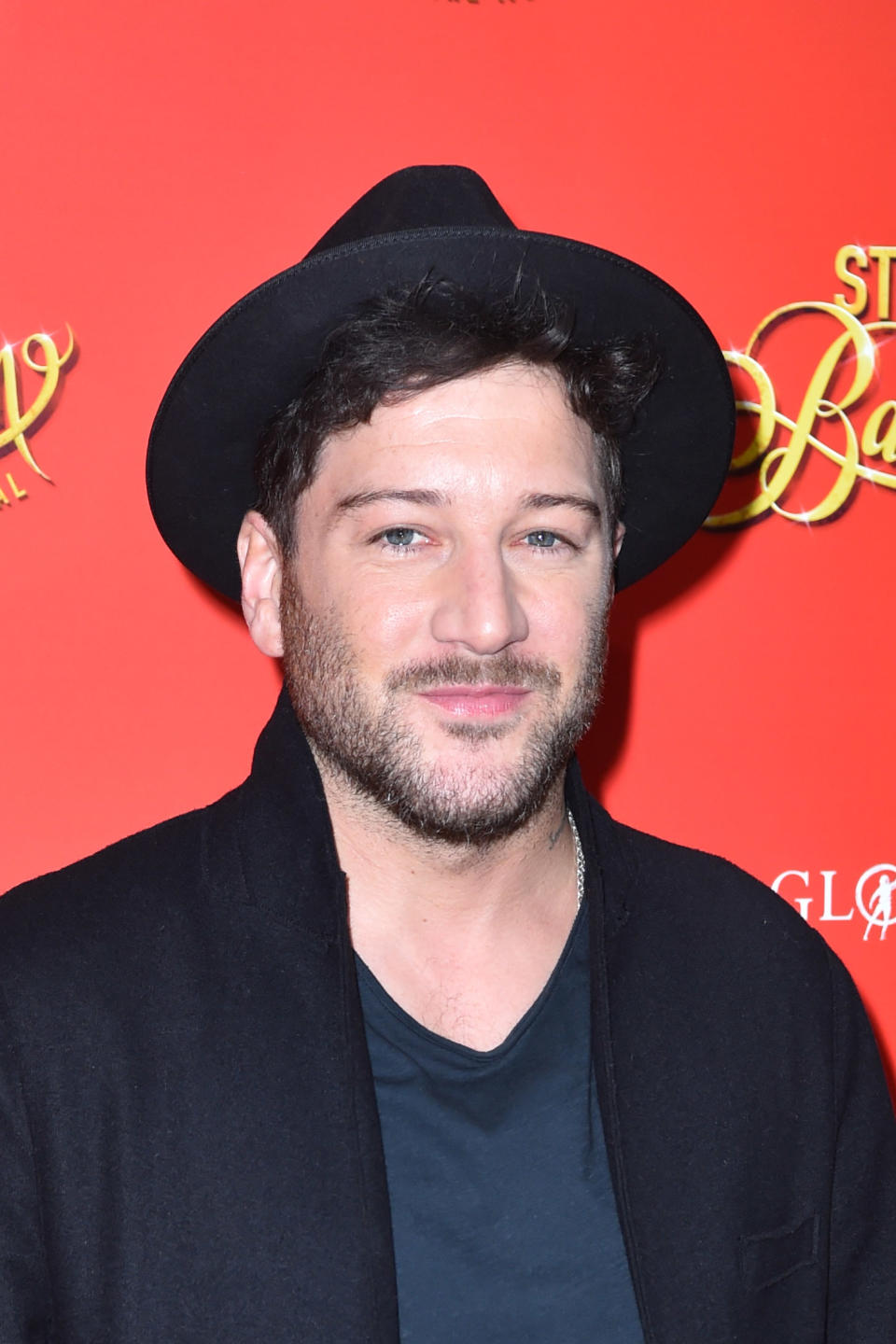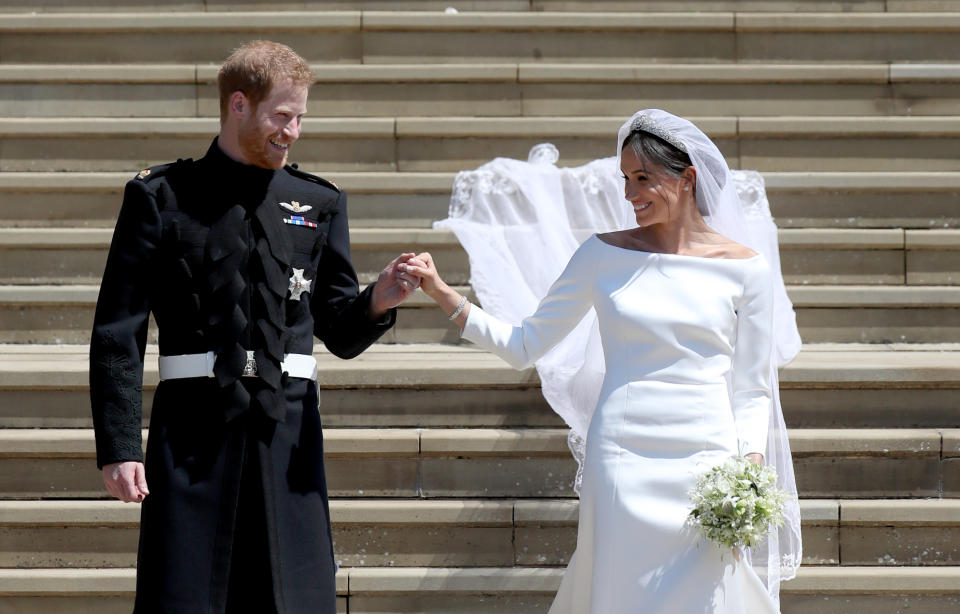Magazine claim about Harry and Meghan split was 'blatantly incorrect'

A front page headline that claimed Prince Harry and Meghan Markle’s marriage was over was “blatantly incorrect” and “misleading”, the Australian Press Council has ruled.
Woman’s Day led with photos of the pair and ran the headline “Palace confirms the marriage is over! Why Harry was left with no choice but to end it” on 27 May last year, and suggested “bombshell revelations” about Meghan had pushed “a distraught Harry to breaking point”.
Read more: Air hostess is asked if she is Meghan Markle up to 10 times a day
The magazine accused Meghan of having an online relationship with the singer Matt Cardle.

The council reviewed the headline and the subsequent story about the pair, and ruled that the factual information in the piece did not back up the headline.
In a statement, the council said: “In this case the headline made a statement that was blatantly incorrect and not supported by the article’s contents.
“While an entertainment publication can be expected to use some exaggeration, the headline was expressed as an unqualified fact that the Palace had confirmed the marriage was over.
“The Council considers that the statement in the headline was such that it was more than just an exaggeration, and that it was misleading.”
Read more: Meghan Markle releases behind-the-scenes video of her time guest-editing Vogue
Celebrity and gossip magazines like Woman’s Day are typically given “some latitude”, the council said, acknowledging that readers buy them for light entertainment and don’t expect everything in them to be completely factual.

But the council said the piece breached two of its guidelines – to present material that is accurate and not misleading, and to do so with fairness and balance.
After the complaint about the headline was received, Woman’s Day defended itself by arguing “readers expect a level of exaggeration in coverlines and headline”.
The magazine said no one mentioned in the story – Harry, Meghan or Cardle – had complained about the piece.
It also argued that its position as light entertainment meant it couldn’t be held to the same standards as other news media.
But the defence was not strong enough to convince the council.
However, because the Palace did not complain, the magazine does not need to issue a correction.
The ruling was published in print and online by the magazine’s publisher, Bauer Media.


